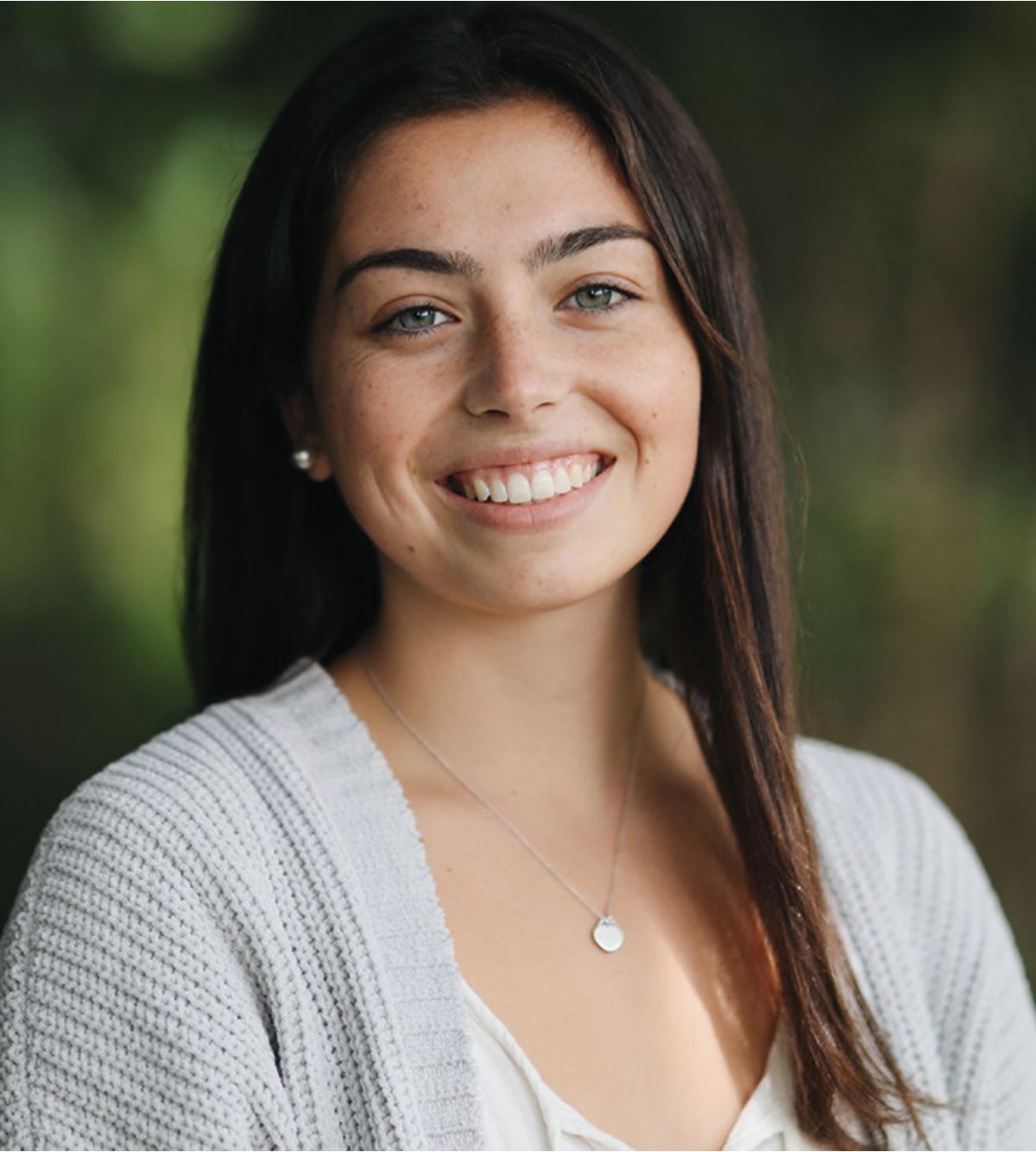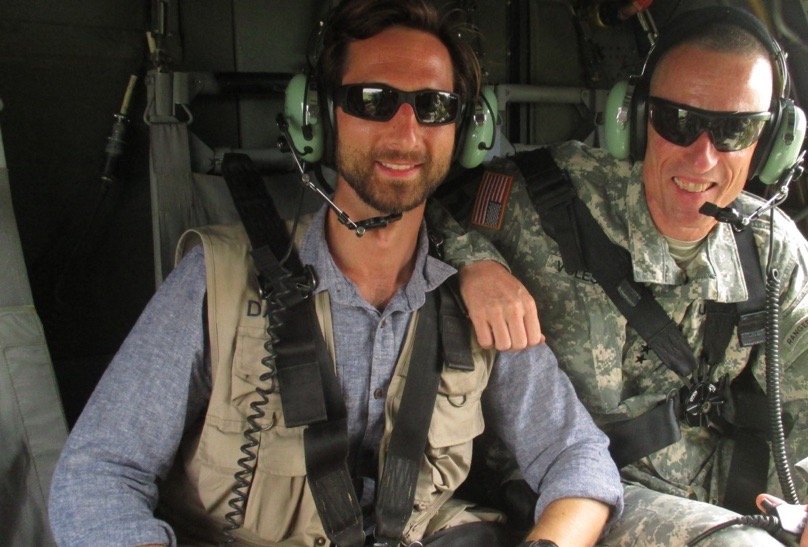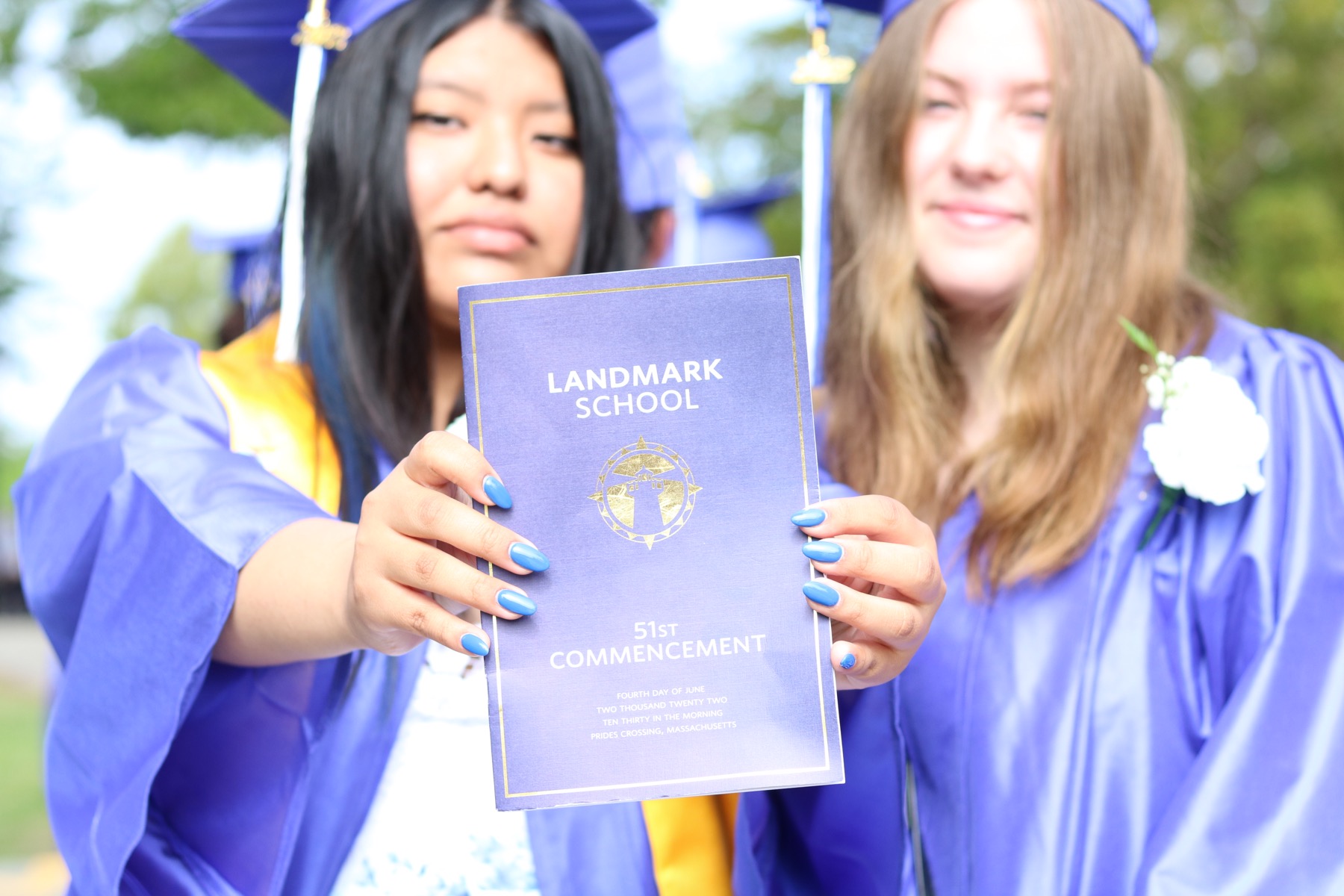- Our School
- Our Advantage
- Admission
- Elementary•Middle School
- High School
- Summer
- Giving
- Parent Resources
- For Educators
- Alumni
Transition
and Guidance
The Office of Transition and Guidance offers a comprehensive program from ninth grade through senior year preparing students for a variety of post-secondary experiences. By graduation, students are equipped with the knowledge, skills, and confidence to succeed.
Preparing Students
for a Range of Post-Secondary Options
Landmark prides itself on its college-preparatory program, but we realize college is not for everyone. While the vast majority of our students go onto college, some move to a gap year, work, internships, and more. Our guidance office individualizes the transition process for each and every student.
Read details about the wide variety of post-secondary options available to students, from gap year to technical schools to college to employment.
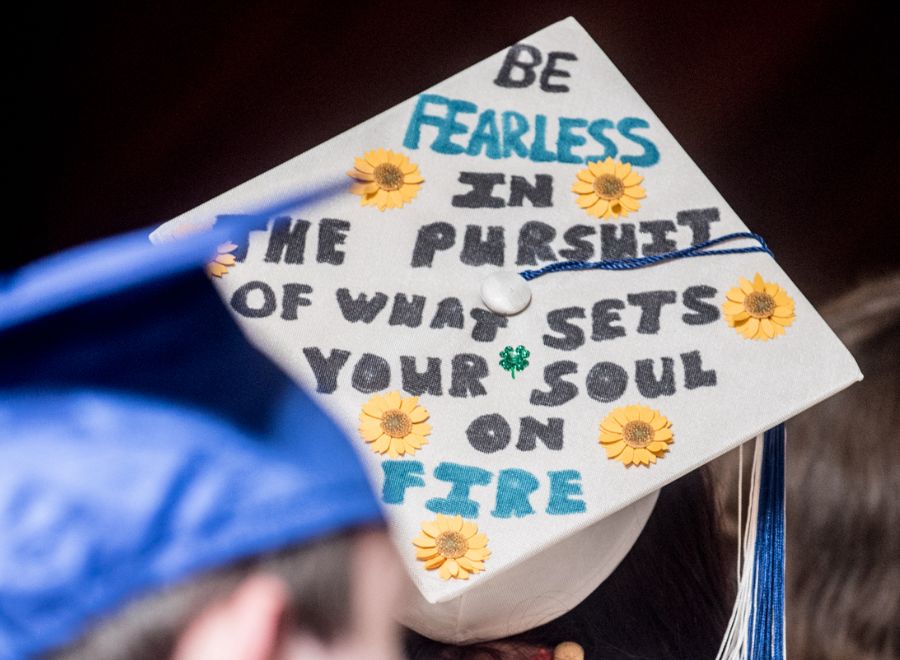

Post-Secondary Fair
For Students Who Learn Differently
Meet representatives from college and university admissions and student support services, gap year programs, technical schools, and other non-traditional options.
Thursday, April 10 2025
6:00 - 8:00 p.m.
Landmark School (Ansara Athletic Center)
447 Hale Street, Prides Crossing, MA
College-Prep Program
More Than Placement
Landmark School provides a college-preparatory curriculum to all students. Each year, about 94% of Landmark graduates move on to two- or four-year colleges. See a list of recent colleges our students have attended.
We prepare our students for the next step with a robust planning process, a focus on study skills and executive function, internship opportunities, and regular contact with our supportive and attentive guidance staff.
Our coordinated and integrated transition curriculum encourages students to identify their interests and skills, explore their talents throughout their Landmark experience, and understand themselves as learners as they plan for the future. Students engage in transition activities in Saturday School workshops, tutorials, classes, and meetings with their Academic Advisors. These workshops serve as a foundation that informs and guides them as they begin to work more intensively with the guidance office in their junior year.
Landmark carefully matches students with colleges/universities and other programs that offer support services and works diligently to make sure each student finds the best fit for their educational needs, goals, and learning style.
Landmark’s low student-to-teacher ratio, small class sizes, and one-to-one tutorial ensure that our faculty know and understand each student’s interests and academic potential beyond Landmark.
Transition Planning
Each year a student is at Landmark High School the transition curriculum will have a specific focus and theme that helps students think about their post-secondary planning and build a résumé. Learn about the transition process by year.
Freshman Year | Sophomore Year | Junior Year | Senior Year |
Students identify and explore their interests. | Students work to understand themselves as learners. | Students look at their post-secondary options. | Students make final decisions and develop a plan for the next step after Landmark. |
Read More About Our Post-Secondary Planning Process by Year
Freshman year
Identifing Interests
Freshman year is a time to adjust to the expectations and demands of high school. The first priority should be to develop good study habits and succeed in classes. This is also a time to identify areas of interest. The transition activities this year will encourage students to identify areas of interest and then to begin to explore them through research, coursework, and extra-curricular activities.
Academic Year Checklists for Students
- Develop strong study skills and work hard to get solid grades.
- When selecting electives, be willing to try new courses and expand your skill set.
- Engage in community service opportunities both on campus and in your home community.
- Participate in career exploration during Saturday School and Career Day.
- Take an Interest Inventory to explore possible career goals. This is given during Saturday School in the fall.
- Develop a working résumé. Make sure to include activities, awards, and honors.
- Meet with your Academic Advisor to review year, evaluate your goals, and plan courses for the upcoming year.
- Participate in annual review/IEP meeting if you have one. Be willing to offer your ideas and thoughts.
- Find extra-curricular activities that you enjoy.
Summer Checklist for Students
- Get a job or volunteer. Work experience will help you define your goals for the future
- Read and write. Keep your academic skills sharp, develop your vocabulary, and develop areas of interest.
Sophomore year
Understanding Learning Styles
The transition activities during sophomore year focus on helping students understand themselves as learners. A solid understanding of one's learning style will be essential as students plan the future. In addition, students should begin to expand themselves by engaging in new activities or seeking leadership opportunities.
Academic Year Checklists for Students
- Continue your involvement in extracurricular activities at school and in your community.
- Look for opportunities to demonstrate leadership skills.
- Engage in community service through the chaplain’s office or your community.
- Develop a stronger understanding of your learning profile. Attend the Sophomore Saturday School workshop on learning.
- Update your working résumé with new activities, awards, etc.
- Review your working résumé to identify possible areas of weakness that can be addressed.
- Meet with your academic advisor to discuss goals, academic progress, and course selection for the upcoming year.
- Participate in annual review/IEP meeting.
Summer Checklists for Students
- Get a job or volunteer at an organization.
- Read and write!
- Look for opportunities to explore your interests: summer courses, travel, workshops.
Junior Year
Exploring Options
Junior year is an important year as students begin to think about post-secondary options. If students have a particular interest, it will be important for them to take courses that will support that interest. Students will also begin to work with the Transition and Guidance Office as they begin post-secondary planning in detail during the second half of the year.
Academic Year Checklists for Students
- Meet with academic advisor to ensure you are on track to meet graduation requirements.
- Work to maintain good grades.
- Continue extra-curricular involvement.
- Consider new community service opportunities to explore areas of interest and skill.
- Seek and accept leadership opportunities.
- Consider retaking an Interest Inventory.
- Sign up for and take the SATs in January.
- Begin meeting with guidance counselor after winter break.
- Set up an account on College Board and begin exploring schools. Look at various types of schools.
- Develop an initial list of schools you are interested in, conduct research, and begin to narrow down in meetings with Transition and Guidance.
- Parents should plan to attend a Guidance workshop and meet with guidance counselor during spring Parents’ Days to get information about the post-secondary planning process.
- Develop interview skills through Saturday School workshop and in-class activities.
- Update a working résumé and review it with academic advisor and guidance counselor. Identify areas of possible weakness and make a plan to address.
- Review course selection with academic advisor and guidance counselor.
- Participate in annual review/IEP meeting.
- Review SAT results with guidance counselor and make a plan for additional testing (SAT/ACT) as needed.
- Begin to learn about the various levels of support that are available to students with language-based learning disabilities at the post-secondary level.
- Attend Alumni Panel and ask questions.
Summer Checklists for Students
- Explore summer activities and employment related to career goals and interests.
- Review current cognitive and achievement testing with parents and develop a plan to update it if necessary. (Last testing should be within three years.)
- Narrow list of schools and review application materials.
- Decide if you plan to apply to any schools Early Decision or Early Action.
- Develop a calendar that includes the application deadlines for the schools on your list.
- Develop a list of questions for schools on your list. Think about academics, support, student life, and extra-curricular activities.
- Begin to visit the schools on your list.
- Continue to read and write!
Senior Year
Making a Plan
Now that students have learned about their interests, learning style, and options, senior year is the time to take all that information and begin to make specific plans for the future.
Fall
- Meet with academic advisor and guidance counselor to review courses to ensure you are meeting gradation requirements as well as acceptance requirements of schools that are on your application list.
- Register and take the SAT and/or ACT as needed.
- Review types of support and develop an understanding of the differences between high school and college.
- Work on your personal essay. Seek teacher assistance.
- Meet with Guidance to complete the Common Application and other applications as needed.
- Review college list for any LD programs that have special applications and/or unique deadlines.
- Finalize your list of schools.
- Parents should plan to meet with guidance counselor during fall Parents’ Days.
- Ask two or three teachers to write a recommendation. Provide them with your school list and a copy of your résumé when you make the request.
- Attend college representative meetings on campus.
- Make sure psycho-educational testing is updated.
- Begin completing applications and submit them to Guidance Office.
- Begin to schedule application interviews.
- Develop a list of questions for the schools and set up school visits.
Winter
- Complete all applications.
- Finish scheduling application interviews as appropriate.
- Continue to visit schools and meet with students and LD support faculty.
- Contact admissions office to confirm that your applications are complete.
- Complete FAFSA paperwork.
- Learn about the transition from high school to college at Saturday School workshop with college support staff.
Spring
- Review list of college acceptances as you receive them.
- Plan to attend accepted students’ days as appropriate.
- Discuss final decision with family, academic advisor, and guidance counselor.
- Make final decision and send in your deposit (usually by May 1).
- Contact support service office to submit documentation of learning disability and discuss accommodations.
- Complete Landmark School academic work.
- Meet with Guidance to review course options for freshman year.
- Organize copies of your paperwork.
- Graduate!
The College Option
APPLYING
PREPARING
ACCESSING SERVICES
ATTENDING
Links and Resources
For more information about Landmark’s transition plan, please contact Kelly Scimone, Director of Transition and Guidance.




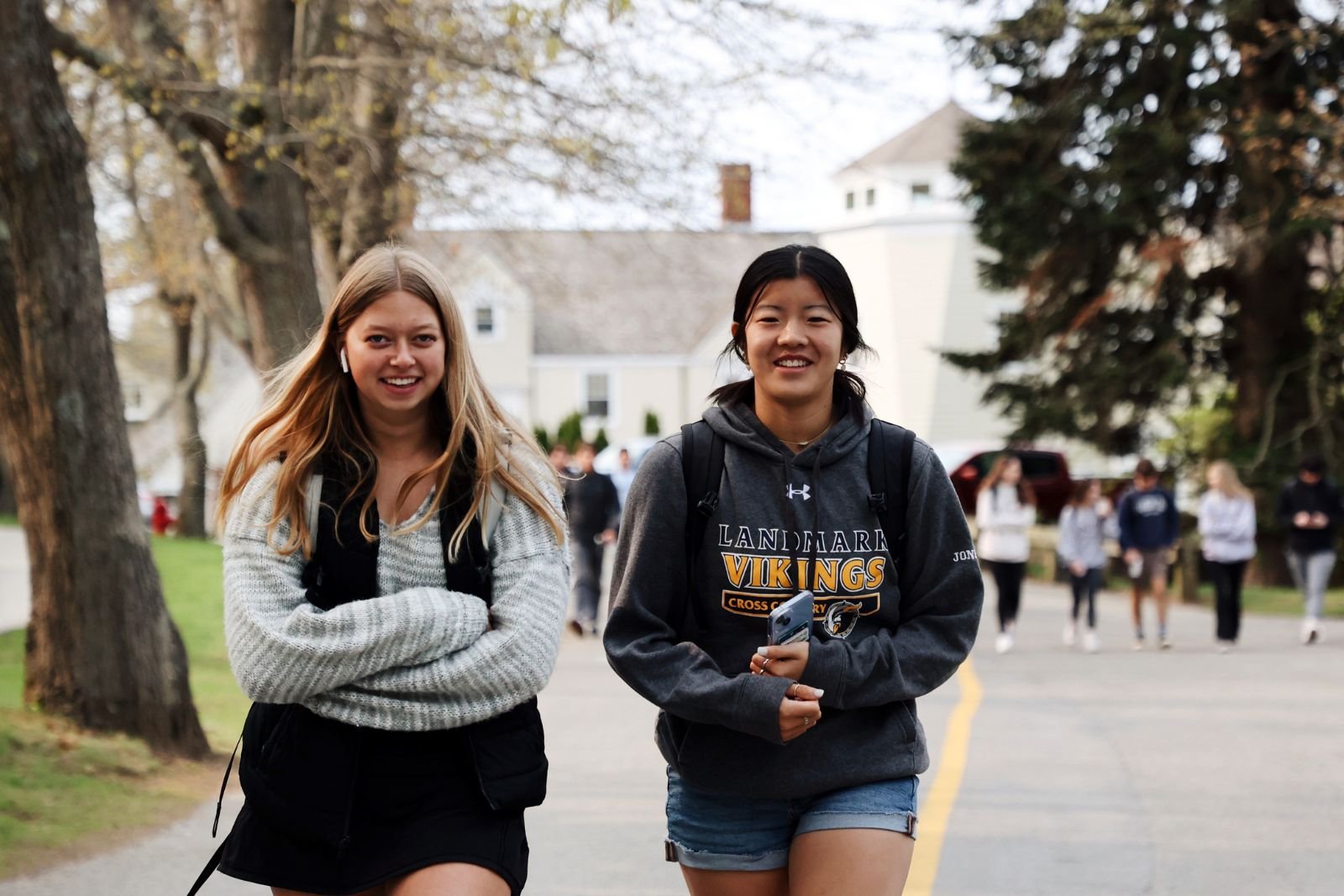
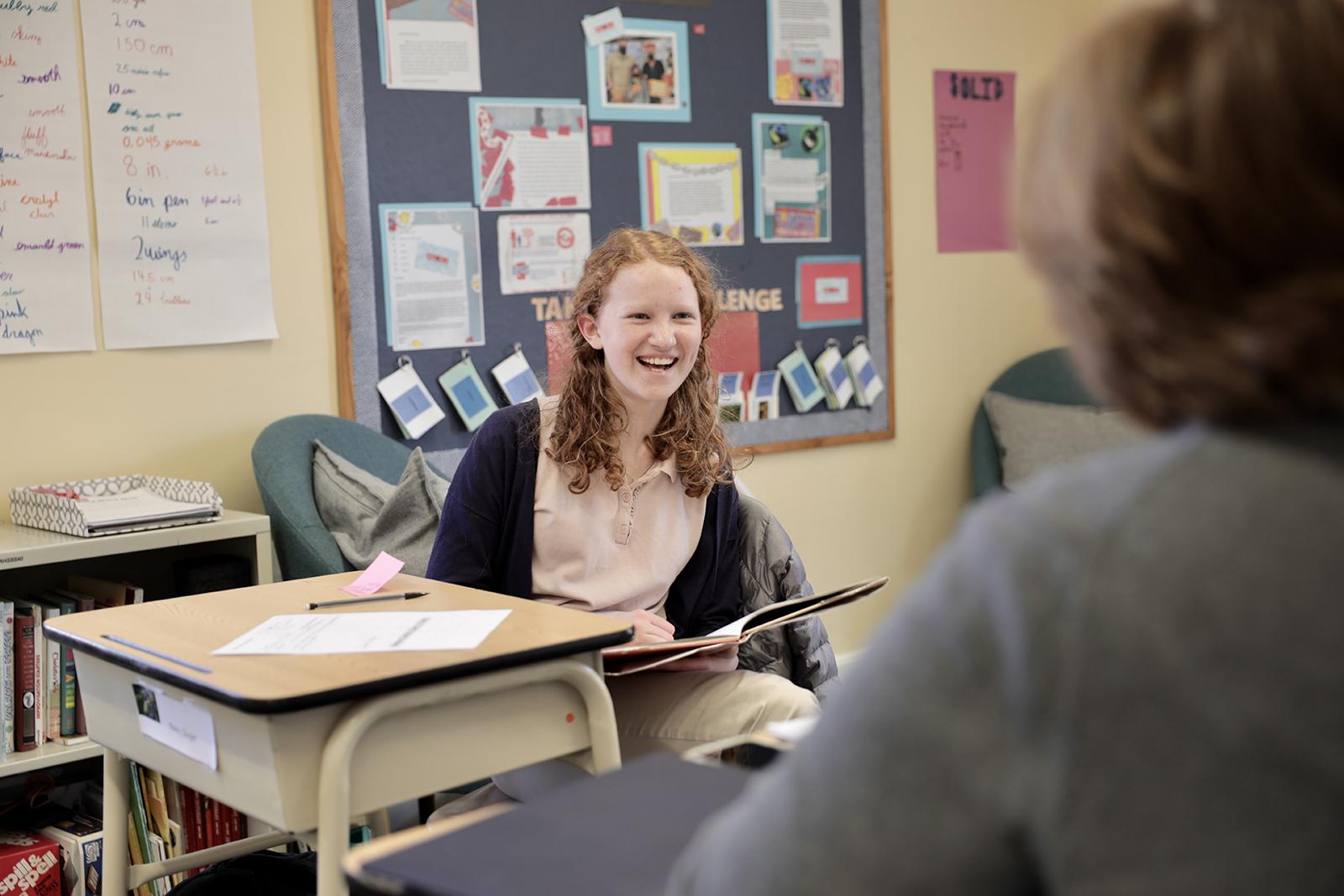
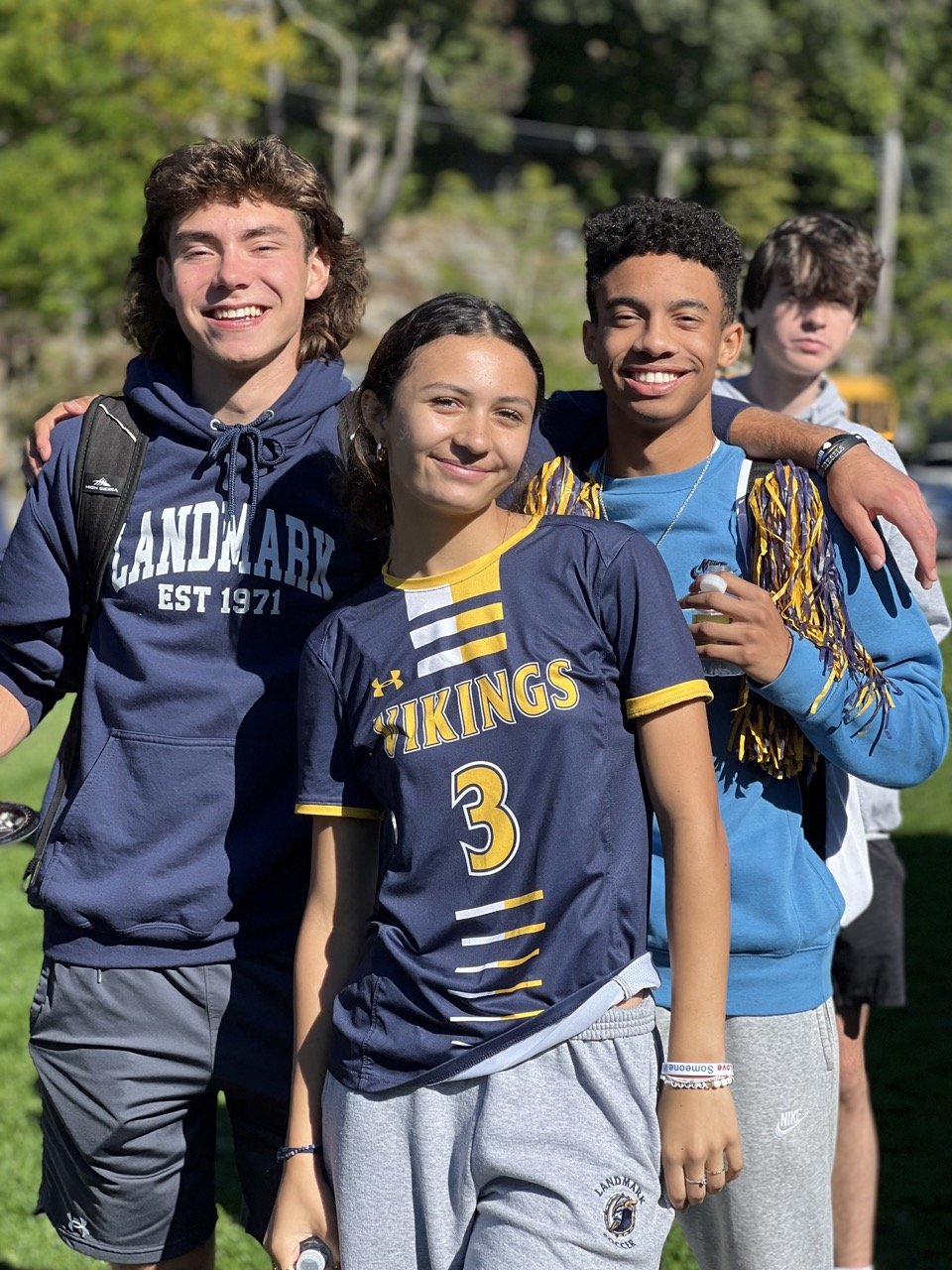

.jpg?v=1652115432307)

